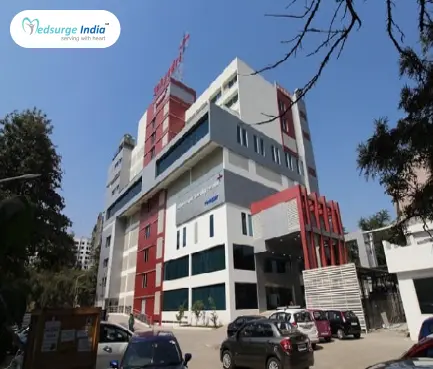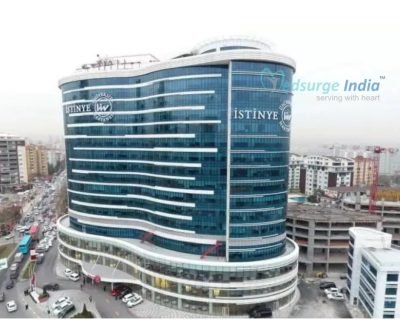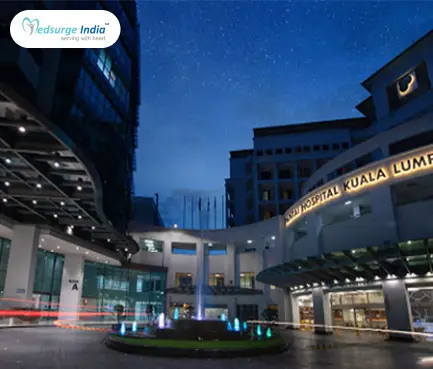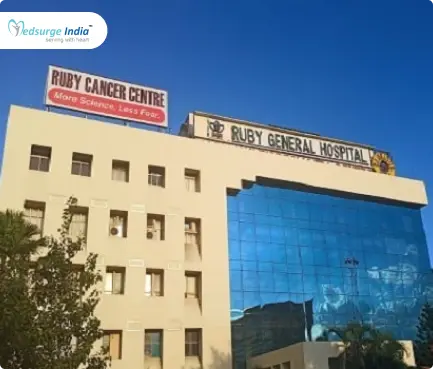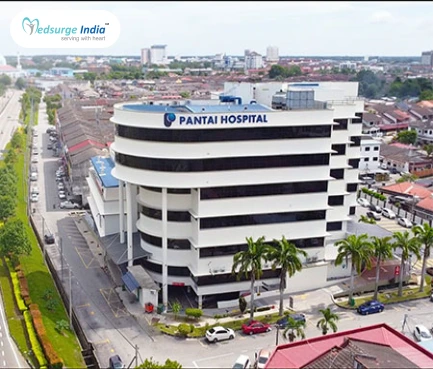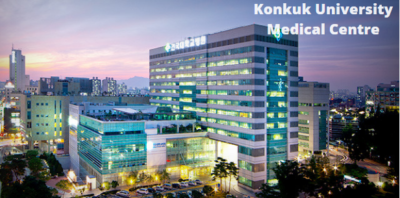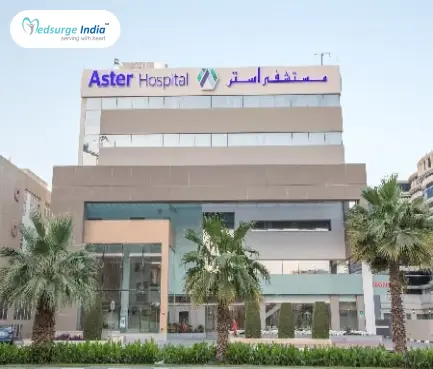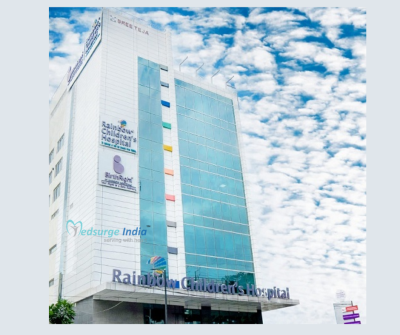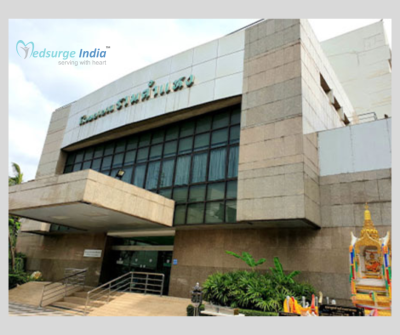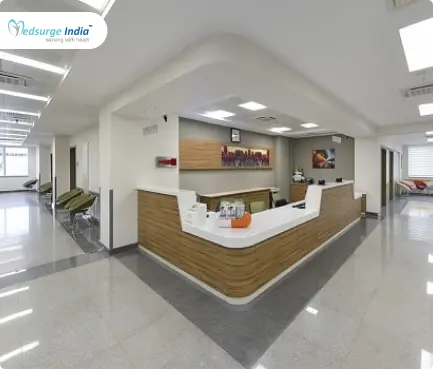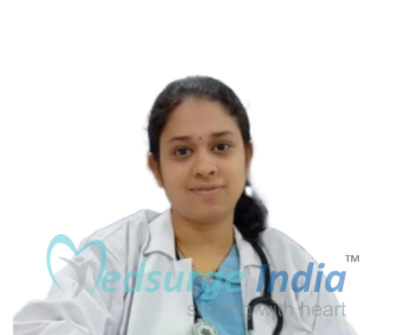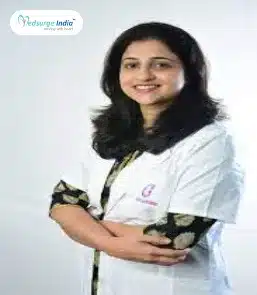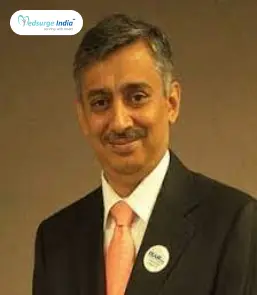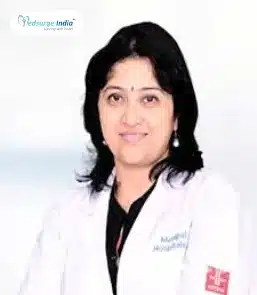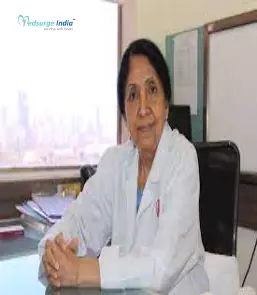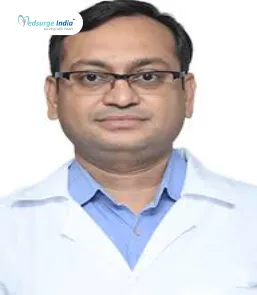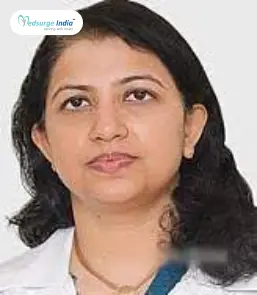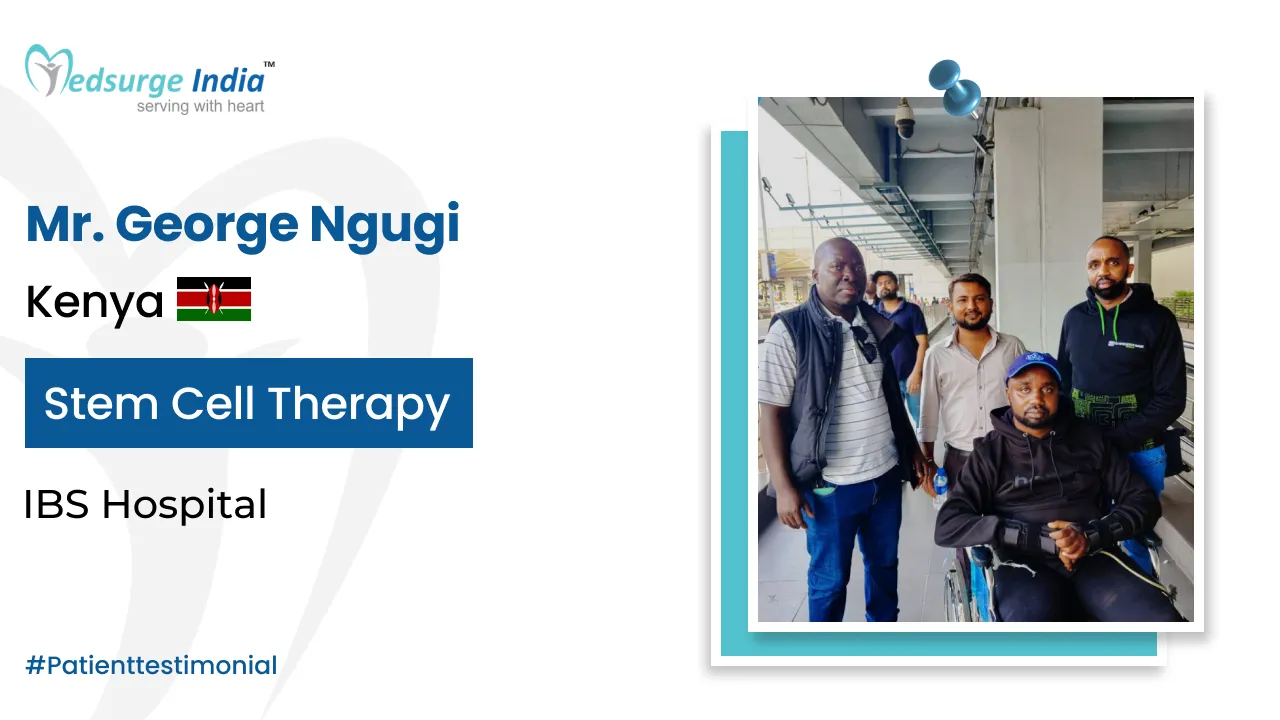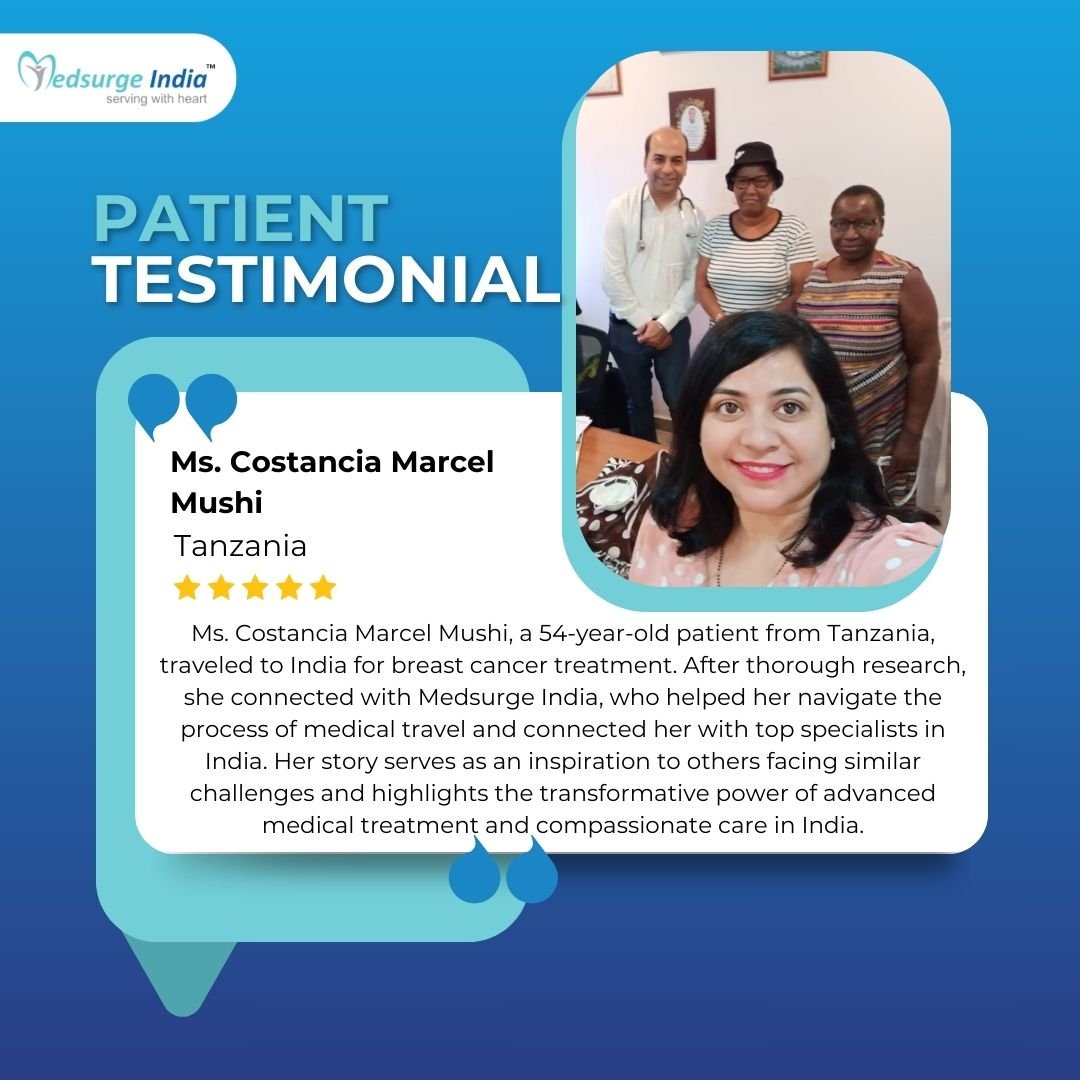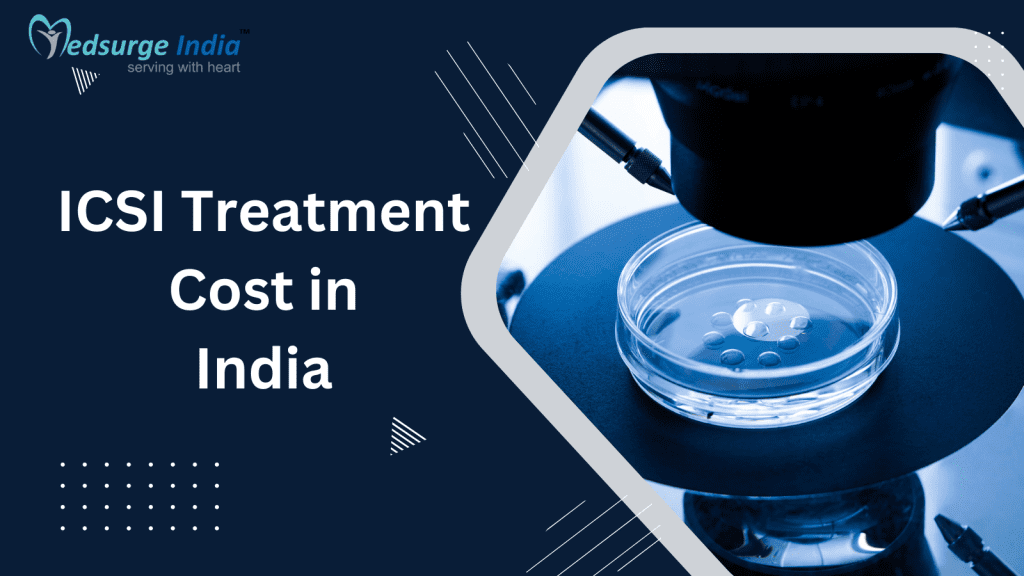
For couples facing the challenges of infertility, the journey through fertility treatment can be complex. With ongoing advancements in medical science, new options are available for those trying to conceive.
One such option is Intracytoplasmic Sperm Injection (ICSI), which is often referred to as ICSI-IVF. This method is linked to IVF but includes some extra steps compared to standard IVF treatments.
Here we will give detailed info on the cost of ICSI treatment in India, factors that can affect the ICSI treatment cost in India, and its success rate.
ICSI Treatment Cost in India
An average ICSI treatment cost in India starts from ₹150,000 to ₹250,000 ($1770 to $3000) per cycle and can go up to–USD. The price of the treatment will vary based on the number of ICSI cycles, the costs of the injections used to stimulate the growth of several eggs, the charges for the procedure done in the embryology lab, and more.
ICSI Treatment Cost in Different Parts of India
| Cities | Starting Prices |
| Delhi | $1770 to $3000 |
| Noida | $1500 to $3000 |
| Gurgaon | $1900 to $3000 |
| Bangalore | $1770 to $3000 |
| Mumbai | $1800 to $3000 |
| Chennai | $1750 to $3000 |
| Kolkata | $1500 to $3000 |
ICSI Treatment Cost in India VS Other Countries
| Countries | Starting Prices |
| India | $1770 to $3000 |
| The U.S. | $12,000 to $14,000 |
| U.K. | $9,000 to $12,000 |
| Australia | $7,000 to $11,000 |
Please keep in mind that the cost and treatment options for ICSI treatment Cost in India may differ based on the patient’s preferences and other factors.
Factors That Can Affect ICSI Treatment Cost in India
Following stated below are some of the factors that can affect ICSI treatment cost in India:
- Medication costs.
- Duration of treatment.
- Geographical location.
- Hospitalization expenses.
- Government policies and subsidies.
- Medical tourism packages.
- Hospital reputation and infrastructure.
- The expertise and experience of medical professionals.
- The type and frequency of diagnostic procedures.
- The choice of treatment modality.
ICSI treatment in India offers excellent medical care and facilities similar to famous healthcare centers worldwide. It also includes costs for accommodation, meals, and transportation.
Moreover, Medsurge India ensures that patients get the most affordable ICSI treatment cost in India, overseen by experienced doctors.
What is ICSI?
Intracytoplasmic sperm injection, commonly referred to as ICSI, is a procedure that entails obtaining semen from a male, identifying the most viable sperm, and directly injecting it into an egg to promote fertilization. This technique has demonstrated significant effectiveness in treating infertility, positioning it as one of the leading methods in assisted reproductive technology. The success rate of ICSI typically falls between 80% and 85%, with around 80% of eggs successfully fertilized.
When Is ICSI Recommended?
ICSI is advised by a physician under the following circumstances for males:
- In instances of significantly low sperm count.
- When there are irregularities in sperm morphology.
- If the couple opts against using a sperm donor.
- To help prevent the transmission of a specific genetic condition.
- When the male faces challenges with ejaculation.
How is the ICSI Procedure Done?
A physical examination is the initial step conducted by the healthcare professional, as is standard with all treatments. Following a thorough assessment of the individual’s medical history and diagnosis, the treatment process will commence. The ICSI treatment involves five key stages:
- First, hormone regulation is initiated in the woman’s body to encourage the production of multiple eggs each month, typically achieved through the administration of injections.
- Next, a minor procedure is carried out to extract the eggs from the woman’s ovaries.
- Simultaneously, the male partner provides a semen sample through ejaculation, ideally on the same day as the egg retrieval. The semen undergoes careful filtration to select the most viable sperm for the procedure.
- The selected sperm is then manually injected into the egg to promote fertilization.
- Finally, the fertilized egg is transferred into the woman’s uterus using a catheter.
What is The Benefit of ICSI Treatment?
A couple can benefit the following through ICSI treatment:
- A couple can achieve conception of a biological child through genetic methods.
- This approach reduces the likelihood of physical or mental disorders in the child.
- Additionally, it provides solutions for male infertility issues.
What is The Success Rate of ICSI Treatment in India?
The success rate of ICSI treatment in India ranges from 80% to 85%. Research indicates that approximately eight out of ten eggs typically fertilize successfully during this procedure.
If you and your partner are looking to explore this procedure, feel free to reach out to us. At Medsurge India, we are a reliable partner for those seeking hospitals, doctors, and specialized treatments around the globe.
Our main goal is to help you find the best medical options that suit your symptoms and needs. Our team is committed to providing a list of trustworthy, licensed healthcare professionals and facilities that fit your budget. We also offer assistance with travel authorization, medical e-visas, and other important arrangements for our patients.
Helpful – IVF Treatment Cost in India
Get Free Cost Estimation
The Most Important Frequently Asked Questions
Q1: Is ICSI Superior to IVF?
A1: When there is no male infertility issue, research demonstrates that IVF is equally as successful as the ICSI process, in which sperm is directly put into an egg. In these conditions, the cumulative live birth rates in Victoria for IVF and ICSI were comparable.
Q2: Is Doing “ICSI” Painful?
A2: The use of needles during ICSI treatments has the potential to give the patient some little discomfort. The anesthesiologist will provide anesthetic and sedative drugs throughout the egg retrieval procedure to minimize discomfort.
Q3: Does ICSI Improve the Probability of Getting Pregnant?
A3: When compared to non-ICSI embryos, the overall embryo quality obtained with ICSI embryos does not appear to vary. In a similar vein, there is no evidence that ICSI embryos and non-ICSI embryos vary in conception rates.
Q4: For ICSI, How Many Sperm Are Required?
A4: The ICSI technique states that just one sperm is required to successfully fertilize an egg and result in a pregnancy.
Q5: Who Would Be an Excellent ICSI Candidate?
A5: Men with serious infertility concerns, such as a low sperm count, are good candidates for ICSI. Men with challenges with sperm motility, sperm development, or an obstruction that prevents sperm from being ejaculated, such as a vasectomy, are also prospects.
Top Hospitals for ICSI Treatment in India
Top Doctors for IVF and Infertility
Dr. Nandita P. Palshetkar
Director
Experience: 21 years of experience
Fortis Memorial Research Institute
Gurgaon, India
Dr. Sita Garimella
Consultant
Experience: 11 Years
The Boon IVF And Fertility Center, New Delhi
New Delhi
Dr. Deepthi Bawa
Consultant
Experience: 7 years of experience
Aster CMI Hospital (Hebbel) Bangalore
Bangalore, India
Dr. Ruchika Sood
Associate Consultant
Experience: 7 Years
Ferticity Fertility Clinic, New Delhi
New Delhi, India
Dr. Radhika Sheth
Consultant
Experience: 13 years of experience
Cloud Nine Hospital Navi Mumbai
Mumbai, India
Dr. Ujjwal Mahajan
Consultant
Experience: 14 years of experience
Reliance Hospital, Navi Mumbai
Mumbai, India
Dr. Ila Gupta
Senior consultant
Experience: 20 Years
Ferticity Fertility Clinic, New Delhi
New Delhi, India
Dr. Pramod Kumar Sharma
Chairman
Experience: 25 years of experience
Marengo Asia Hospitals Formerly W Pratiksha Hospital, Gurgaon
Gurgaon, India
Dr. Richika Sahay Shukla
Senior Consultant
Experience: 21 years of experience
Miracle Mediclinic Hospital, Gurgaon
NewDelhi, India
Dr. Lakshmi Chirumamilla
Consultant
Experience: 10 years of experience
Nova IVI Fertility Clinic, Hyderabad
Hyderabad, India
Dr. Sushma Ved
Senior Consultant
Experience: 35 years of experience
Mediworld IVF Center and Fertility
NewDelhi, India
Dr. Pallavi Priyadarshini
Consultant
Experience: 17 years of experience
Kokilaben Dhirubhai Ambani Hospital Mumbai
Mumbai, India



